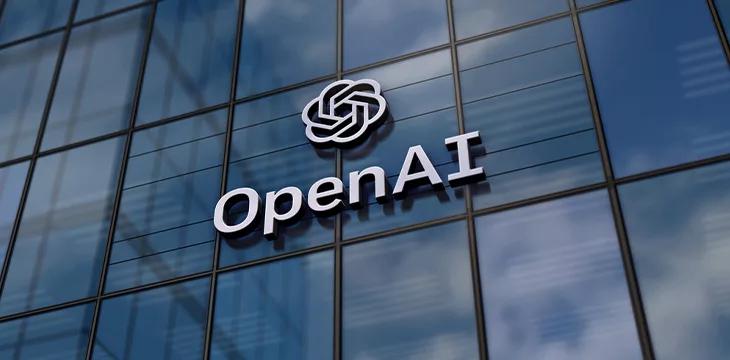
OpenAI recently launched the GPT-4o mini model, as the latest in this wave, with its lightweight design and unprecedented low price strategy, undoubtedly add a fire to the already white-hot AI model market competition.
This move by OpenAI is the result of a keen insight into market trends. In the rapid development of artificial intelligence technology, although large-scale models lead the trend with their powerful computing power and wide application potential, high costs and complex deployment requirements have gradually become the bottleneck restricting its popularity. The advent of GPT-4o mini marks the beginning of OpenAI's tilt toward cost-effectiveness and user experience while maintaining technological innovation, which is undoubtedly a precise response to market demand. Compared with the GPT-3 two years ago, its price has achieved a stunning 99% reduction, which is not only the optimization and upgrading of its own product line, but also a major challenge to the pricing strategy of the entire industry.
This price war is not a one-man show for OpenAI, but an arena for AI model providers around the world to participate. Google, Meta and other technology giants, as well as domestic Bytedance, Alibaba, Baidu, Tencent and other leading enterprises, have joined this war without smoke. They continuously reduce the cost of using the model, or even directly provide free services, in order to occupy a favorable position in the fierce market competition. This change in strategy, on the one hand, reflects the inevitable trend in the commercialization process of AI technology, that is, by lowering the threshold to attract a wider user group; On the other hand, it also reveals the urgent need for AI model providers to explore sustainable profit models.
However, the reality behind the price war is not optimistic. Despite the seemingly hot AI market, most companies are still not profitable in this space. According to the Wall Street Journal, although generative AI startups have raised huge amounts of money in the last year, most have yet to find a stable and sustainable path to profitability. High research and development costs, hardware procurement expenditures and market expansion costs make these companies in the realization of technological breakthroughs, but also burdened with heavy financial pressure. Sequoia Capital's estimated data, in particular, intuitively reveals the huge gap between generative AI enterprises' hardware input and output, highlighting the severe challenges facing the industry.
It is worth noting that not all players in this price war are Mired in losses. Some companies, with their unique business models and market positioning, have managed to make significant gains in the field of generative AI. For example, consulting firms such as Accenture, IBM, and Boston Consulting Group are integrating generative AI technology into their consulting services, not only improving the efficiency and quality of their services, but also opening up new revenue streams. These successful cases show that the value of AI technology is not only reflected in the technology itself, but also in its deep integration and innovative applications with other industries.
In the face of industry changes brought about by the price war, AI model providers need to take a more rational look at their own development strategies. On the one hand, we should continue to increase R&D investment, promote technological innovation and upgrading, and meet market demand with differentiated products and services; On the other hand, it is also necessary to actively explore diversified profit models, and expand the application scenarios and market space of AI technology through cooperation and integration with other industries. At the same time, the government and all sectors of society should also strengthen guidance and support for the AI industry, and create a good external environment for the healthy development of AI technology.
The price war triggered by OpenAI's launch of GPT-4o mini is a microcosm of the escalation of competition in the AI field. In this war without smoke, enterprises need to maintain the pursuit of technological innovation, but also pay attention to the balance of cost efficiency and user experience. Only in this way can we remain invincible in the fierce market competition and jointly promote the popularization and development of AI technology.

On October 30 local time, Wes Moore, the governor of Maryland, USA, declared a state of emergency across the state to deal with the economic shock brought about by the federal government's "shutdown".
On October 30 local time, Wes Moore, the governor of Maryla…
In late October local time, just days after the signing of …
On October 29th, local time, the Federal Reserve concluded …
When the autumn leaves in Washington turned golden, the US …
Recently, according to MarketWatch, the supply of beef in t…
When NVIDIA's market value exceeded 5 trillion US dollars, …